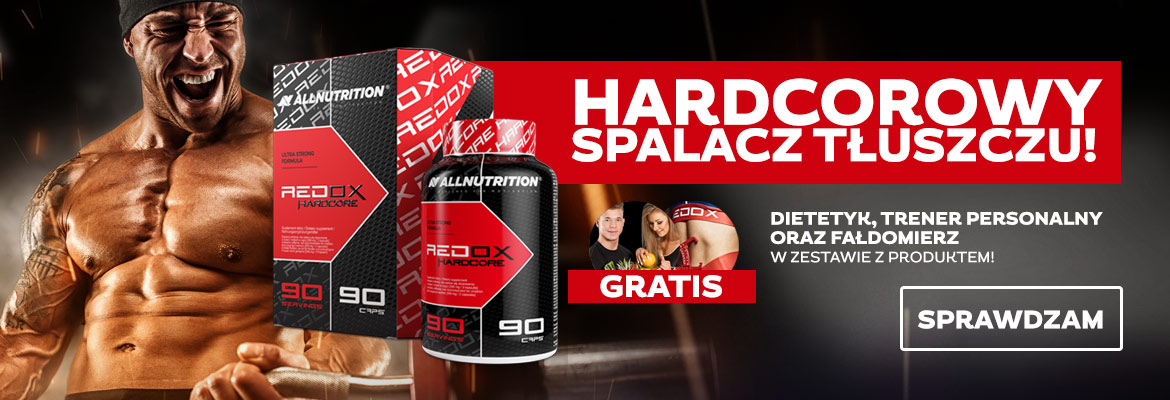W ramach uściślania poglądów na w/w temat na kilku forach jednocześnie posurfowałem sobie chwilę i znalazłem kilka szczegółów:
Kolagen po wstępnym strawieniu trafia do krwi pod postacią peptydów kolagenowych:
J Agric Food Chem. 2005; 53(16):6531-6 (ISSN: 0021-8561)
Iwai K; Hasegawa T; Taguchi Y; Morimatsu F; Sato K; Nakamura Y; Higashi A; Kido
Y; Nakabo Y; Ohtsuki K
Department of Food Sciences and Nutritional Health, Kyoto Prefectural
University, 1-5 Shimogamo Kyoto 606-8522, Japan.
In the present study, we identified several food-derived collagen peptides in
human blood after oral ingestion of some gelatin hydrolysates. Healthy human
volunteers ingested the gelatin hydrolysates (9.4-23 g) from porcine skin,
chicken feet, and cartilage after 12 h of fasting. Negligible amounts of the
peptide form of hydroxyproline (Hyp) were observed in human blood before the
ingestion. After the oral ingestion, the peptide form of Hyp significantly
increased and reached a maximum level (20-60 nmol/mL of plasma) after 1-2 h and
then decreased to half of the maximum level at 4 h after the ingestion. Major
constituents of food-derived collagen peptides in human serum and plasma were
identified as Pro-Hyp. In addition, small but significant amounts of Ala-Hyp,
Ala-Hyp-Gly, Pro-Hyp-Gly, Leu-Hyp, Ile-Hyp, and Phe-Hyp were contained.
Jest tego trochę na bazie tych peptydów może (choć nie musi ) dojść do syntezy kolagenu, czyli tego, o co nam chodzi przy suplementacji:
Arch Dermatol Res. 2001; 293(10):522-31 (ISSN: 0340-3696)
Mio K; Yamashita M; Odake Y; Tamai H; Takada K
Life Science Research Center, Lion Corporation, Odawara, Kanagawa, Japan. [email protected]
Coenzyme A, a cofactor in enzymatic acetyl transfer reactions, stimulates collagen production in cultured fibroblasts. The mechanisms involved in this collagen stimulation were investigated. Enzymatic studies using radiolabeled procollagen as substrate revealed that coenzyme A enhanced prolyl hydroxylase activity. Prolyl hydroxylase is a key enzyme in collagen synthesis acting by hydroxylation of proline residues in procollagen peptide, which is necessary for stabilizing collagen. Northern blot analysis demonstrated that coenzyme A also enhanced mRNA levels of both the alpha subunit of prolyl hydroxylase and the alpha1 chain of type I collagen. The levels of protein production of prolyl hydroxylase and type I collagen were also increased in cultured fibroblasts by coenzyme A, which correlated well with observations from Northern blotting. On the other hand, coenzyme A did not stimulate the activity nor the gene expression of two other processing enzymes: lysyl hydroxylase, which provides the sites for glycosylation and crosslinking between collagen peptides, and lysyl oxidase, a fundamental enzyme in intermolecular crosslinking. These results indicate that coenzyme A stimulates collagen production by at least two separate mechanisms: by enhancing prolyl hydroxylase activity as well as stimulating gene expression of the alpha subunit of this enzyme, and by stimulating gene expression of alpha1 chain of type I collagen.
Więc co popijamy roztworem kolagenu? Nasze ulubione Calcium Pantothenicum 0.1g dostępne bez recepty.
